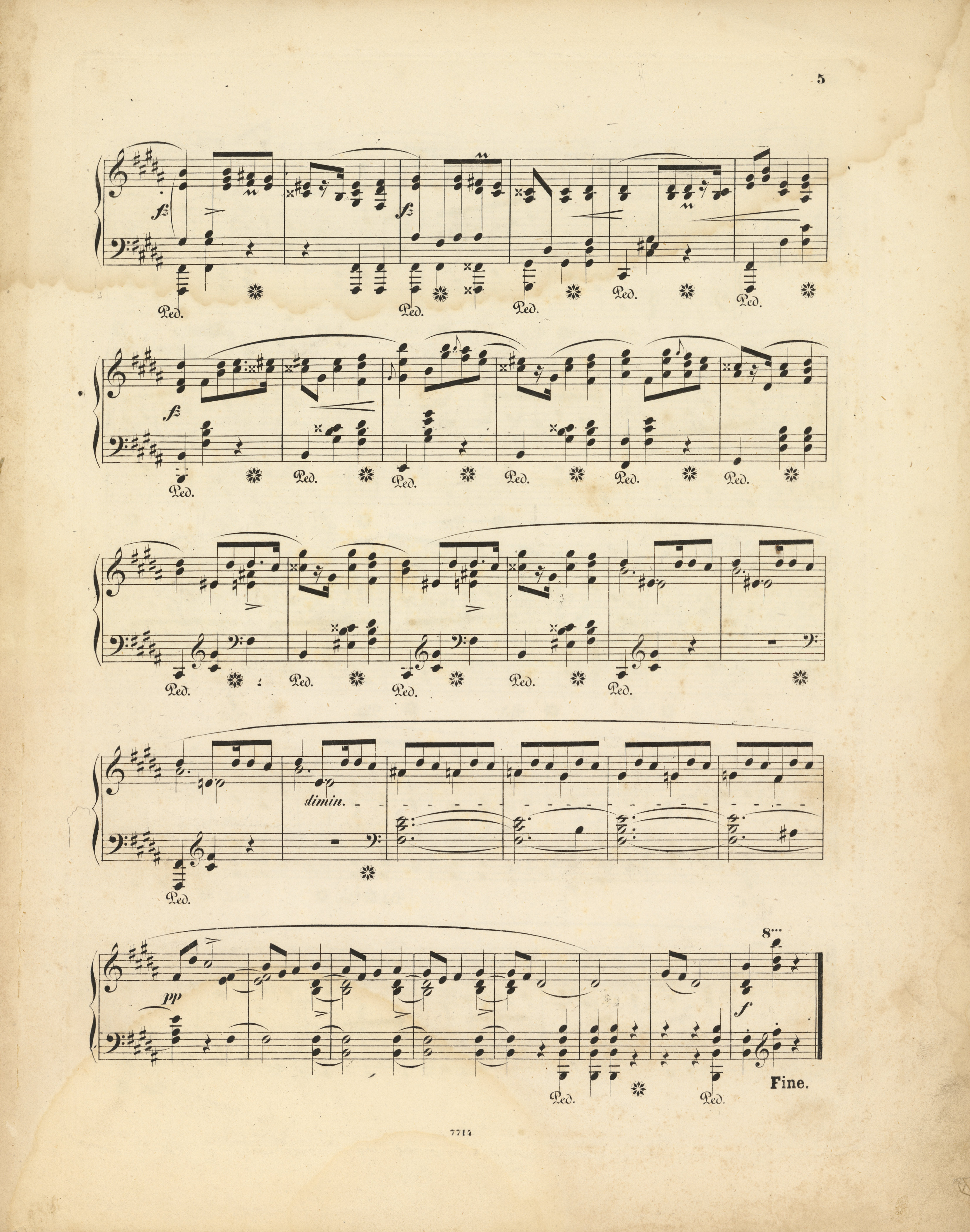



The g note present in AI and in all analogous bars 4, 12 and 80 and in bars 2, 10, 70 and 78 proves that we are most probably dealing with a Terzverschreibung in FE. The b note featured in this edition does not raise any doubts in terms of harmony – B or b notes are present in chords on the 2nd beat of the bar in the majority of analogous bars – as a result of which they were repeated in almost all subsequent editions. The exception is GE3, in which – most probably on the basis of a comparison with analogous bars – g
note present in AI and in all analogous bars 4, 12 and 80 and in bars 2, 10, 70 and 78 proves that we are most probably dealing with a Terzverschreibung in FE. The b note featured in this edition does not raise any doubts in terms of harmony – B or b notes are present in chords on the 2nd beat of the bar in the majority of analogous bars – as a result of which they were repeated in almost all subsequent editions. The exception is GE3, in which – most probably on the basis of a comparison with analogous bars – g was introduced, and this is the version we adopt to the main text.
was introduced, and this is the version we adopt to the main text.
The AI quaver having been replaced by a semiquaver in the published version – see bar 70.
Compare the passage in the sources »
category imprint: Differences between sources
issues: Errors in FE, Terzverschreibung error, GE revisions, Dotted or even rhythm
notation: Pitch


